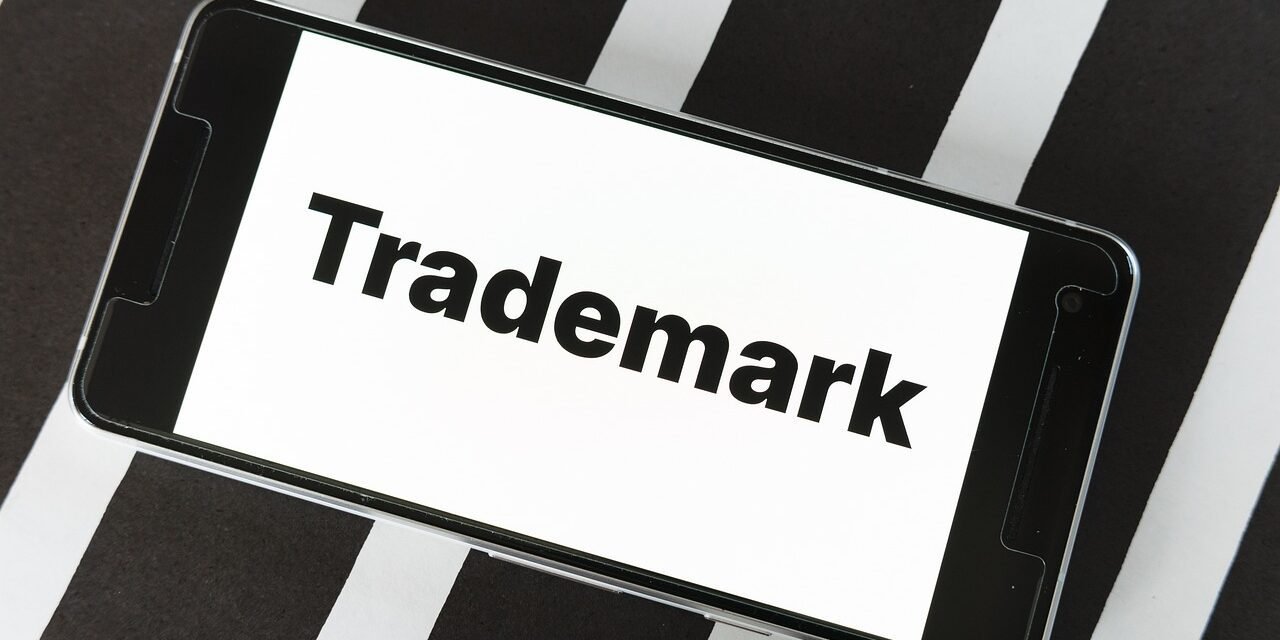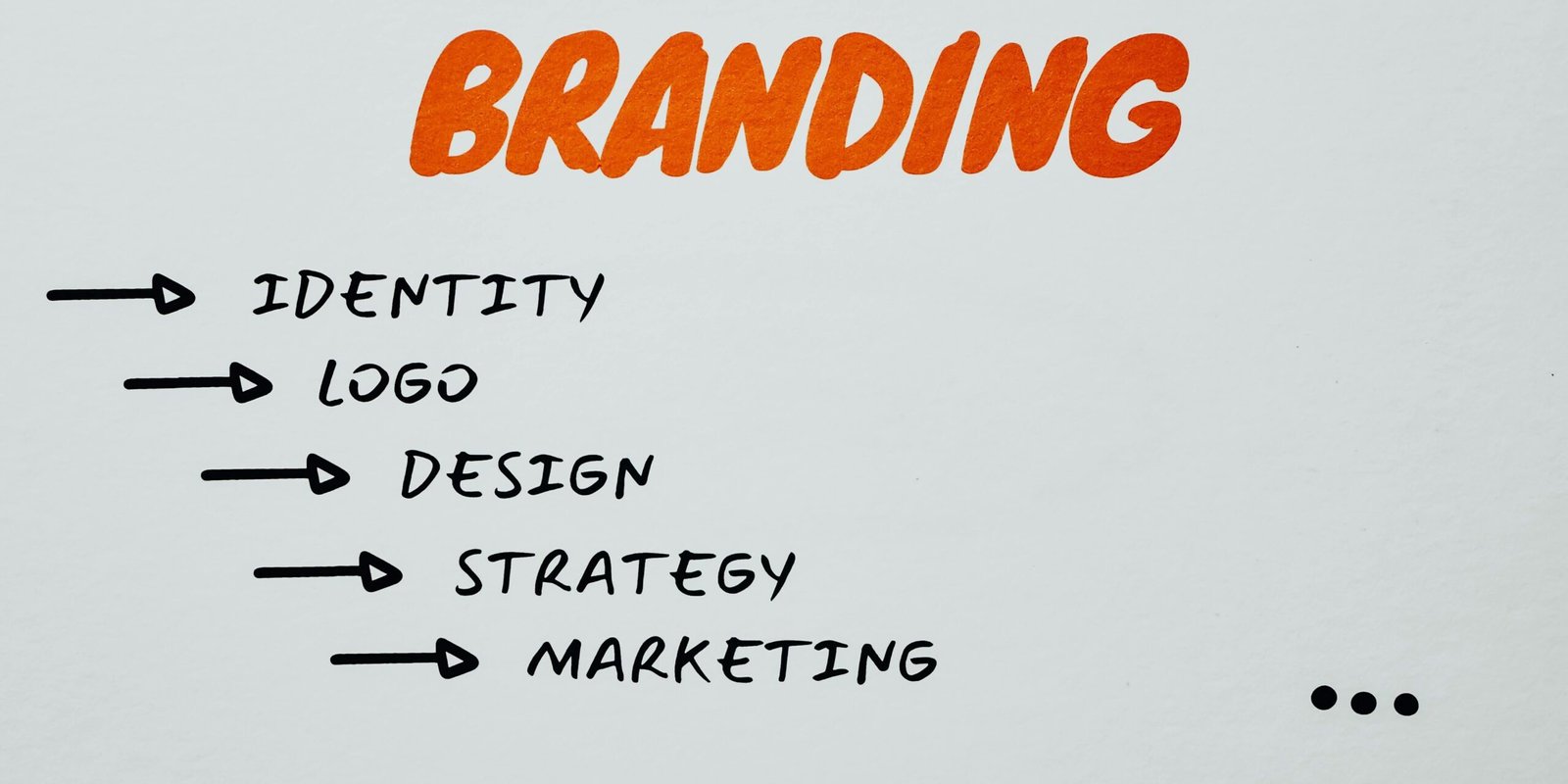Bid Rigging Investigation
How to Detect and Prevent Bid Rigging
Bid Rigging Investigation: How to Detect and Prevent Collusion
Bid rigging is a fraudulent practice that occurs when competing parties conspire to manipulate the bidding process, resulting in artificially inflated prices or unfair contract awards. In this article, we will explore the different types of bid rigging, signs to look out for, the investigation process, legal ramifications, real-life examples, and prevention methods.
Introduction
Bid rigging is a serious offense that undermines the integrity of the competitive bidding process. It can occur in various industries, including construction, government procurement, and private contracting. Detecting and preventing bid rigging is essential to ensure fair competition and protect the interests of consumers and taxpayers.
Types of Bid Rigging
Collusive Bidding
Collusive bidding occurs when competing firms secretly agree to submit predetermined bids. These bids are often higher than the fair market value, allowing the conspiring parties to artificially inflate prices and maximize profits.
Bid Suppression
Bid suppression involves one or more bidders refraining from submitting a competitive bid to ensure that a predetermined bidder wins the contract. This practice reduces competition and allows the chosen bidder to secure the contract at a lower price.
Complementary Bidding
Complementary bidding, also known as cover bidding, occurs when competing firms submit bids that are intentionally too high or contain unfavorable terms. This practice creates the illusion of competition while ensuring that a predetermined bidder wins the contract.
Bid Rotation
Bid rotation involves a group of competing firms taking turns winning contracts. By rotating the winning bid among themselves, these firms can avoid competing with each other and maintain control over the market.
Signs of Bid Rigging
Detecting bid rigging requires a thorough understanding of the bidding process and careful analysis of bidding data. Some common signs of bid rigging include:
- Unusually high number of bidders: A sudden increase in the number of bidders for a particular contract may indicate collusion.
- Consistently winning bids by the same company: If a single company consistently wins bids without facing any competition, it could be a sign of bid rigging.
- Identical bids: Identical or nearly identical bids from competing firms may suggest collusion.
- Lack of competition: A lack of competitive bidding for a particular contract may indicate that potential bidders have been discouraged from participating.
Investigation Process
Gathering Evidence
The first step in investigating bid rigging is gathering evidence. This may involve reviewing bid documents, analyzing bidding data, and conducting interviews with key stakeholders.
Conducting Interviews
Interviews with employees, contractors, and other relevant parties can provide valuable insight into the bidding process and help identify potential instances of bid rigging.
Analyzing Bid Data
Analyzing bidding data is essential for detecting patterns and anomalies that may indicate bid rigging. This may involve comparing bid prices, evaluating bidder qualifications, and examining past bidding history.
Coordinating with Other Agencies
Bid rigging investigations often require coordination with other law enforcement agencies, regulatory bodies, and industry stakeholders. Collaboration is essential for gathering evidence, sharing information, and prosecuting offenders effectively.
Legal Ramifications
Bid rigging is a serious offense that can result in severe legal consequences. In addition to civil penalties, individuals and companies found guilty of bid rigging may face criminal charges, fines, and imprisonment.
Anti-competitive Behavior
Bid rigging is considered a form of anti-competitive behavior that undermines the principles of free and fair competition. It can result in higher prices, reduced quality, and limited choices for consumers.
Penalties for Bid Rigging
The penalties for bid rigging vary depending on the severity of the offense and the jurisdiction in which it occurs. In the United States, bid rigging is a federal offense punishable by fines of up to $1 million for individuals and $100 million for corporations. Offenders may also face imprisonment and exclusion from future government contracts.
Prevention and Detection
Implementing Strict Bidding Procedures
One of the most effective ways to prevent bid rigging is to implement strict bidding procedures and protocols. This may include requiring competitive bidding, maintaining detailed bid records, and conducting regular audits of the bidding process.
Using Bid Monitoring Software
Bid monitoring software can help detect patterns and anomalies in bidding data that may indicate bid rigging. This software uses algorithms and data analysis techniques to identify suspicious behavior and alert authorities to potential instances of collusion.
Educating Employees and Contractors
Educating employees and contractors about the dangers of bid rigging and the importance of fair competition is essential for preventing collusion. Training programs, workshops, and informational materials can help raise awareness and promote ethical behavior in the bidding process.
Conclusion
Bid rigging is a serious offense that undermines the principles of free and fair competition. Detecting and preventing bid rigging requires a proactive approach, including implementing strict bidding procedures, using bid monitoring software, and educating employees and contractors. By working together to combat bid rigging, we can ensure fair competition, protect taxpayer dollars, and uphold the integrity of the bidding process.
FAQs
- What is bid rigging?
Bid rigging is a fraudulent practice in which competing parties conspire to manipulate the bidding process, resulting in artificially inflated prices or unfair contract awards.
- How is bid rigging detected?
Bid rigging can be detected through careful analysis of bidding data, interviews with key stakeholders, and collaboration with other law enforcement agencies and regulatory bodies.
- What are the legal ramifications of bid rigging?
Bid rigging is a serious offense that can result in severe legal consequences, including fines, imprisonment, and exclusion from future government contracts.
- How can bid rigging be prevented?
Bid rigging can be prevented by implementing strict bidding procedures, using bid monitoring software, and educating employees and contractors about the dangers of collusion.
- Why is bid rigging harmful?
Bid rigging undermines the principles of free and fair competition, resulting in higher prices, reduced quality, and limited choices for consumers and taxpayers.
- 133 views
- 0 Comment





